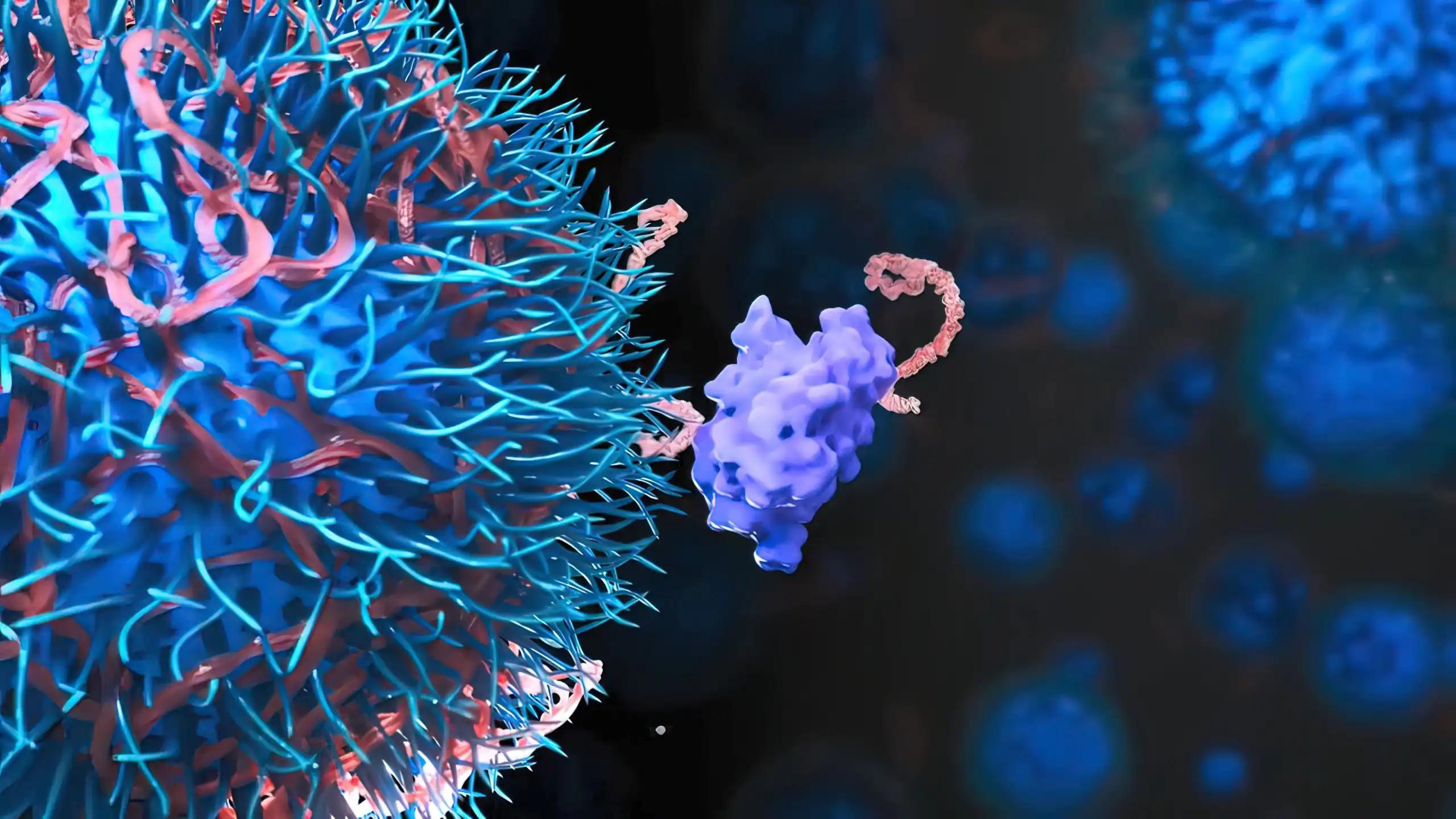KEY TAKEAWAYS
- The trial aims to refine the preprocessing pipeline and cross-validate the predictive model on prospectively collected US images.
- Integrating this validated radiogenomic model with current clinical criteria could revolutionize OC prevention cost-effectively.
Current methods for identifying BRCA mutation carriers are ineffective and costly. Radiogenomics, an emerging tool that analyzes medical imaging data, can potentially revolutionize BRCA mutation detection. Researchers aim to refine the preprocessing pipeline and cross-validate the predictive model on prospectively collected US images.
The study involves a multicenter observational approach across 14 international centers. The methodology includes a retrospective phase of refining the image preprocessing pipeline for an existing dataset. This includes expanding the dataset (at least 300 patients) by incorporating new real images, applying data augmentation techniques, and utilizing deep neural network models and handcrafted imaging features from radiomics analysis.
A prospective phase aimed to cross-validate the predictive model on ultrasound images acquired during an observational multicenter study, with an expected enrollment of 1,000 patients.
Anticipated results are projected to be available by the end of 2026. In conclusion, if proven reliable, integrating this radiogenomic model with existing clinical and familial criteria could offer an innovative and cost-effective approach to ovarian cancer prevention spanning generations.
Source: https://www.emma.events/site/programme/?sessiondetail=4534591&trackid=0&a=esgo2023#!
Clinical Trial: https://clinicaltrials.gov/study/NCT05769517
Nero C, Ciccarone F, Boldrini L, Lenkowicz J, Tran HE, Giudice MT, Sillano F, Anderson G, Camarda F, Paris I, Minucci A, De Bonis M, Rinelli M, Zinicola G, Mozzetta I, Pasciuto T, Giannarelli D, Valentini V, Testa A, Scambia G. Prediction of germline BRCA 1/2 genes pathogenetic variants from healthy ovaries ultrasound images: Radiogenomics as an innovative tool to prevent BRCA-related cancers.



